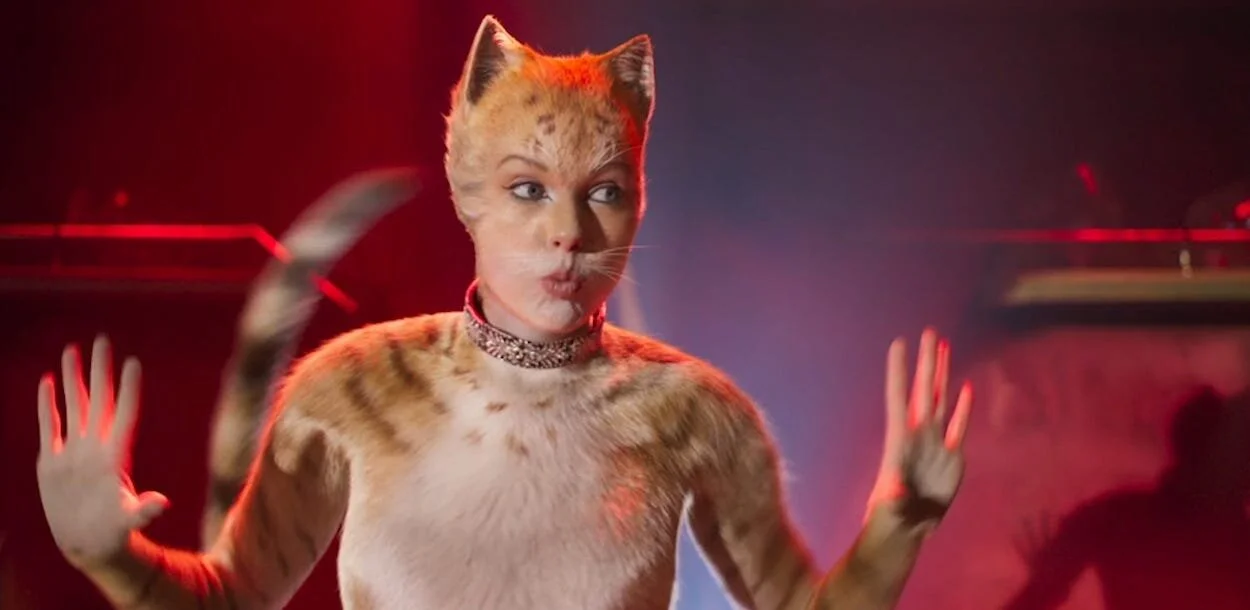How Taylor Swift Changed The Music Industry Forever
There aren’t too many musical artists that audiences witness grow from quite young into adulthood that doesn’t involve a lot of unfortunate patches, a fast approaching early death, or the smack of desperation of changing trends. To be certain, many musical acts start as kids, some even in the public eye, and have careers for decades. But of those, only a slim margin maintain a level of success and critical pedigree without lapses of relevance or some other ordeal that derails their career or simply renders them obsolete. Evolve or die, as it were.
To clarify: Swift is not the reason CATS is bad—she’s actually one of the brighter spots in it. Which is damning with faint praise.
Taylor Swift signed a record deal at 15 and her first album came out at a year later. Since then (2006), she’s morphed from the radio-friendly Nashville ascendent star of Country music into more of a singer/songwriter type while maintaining that Country and Pop background to varying degrees on her subsequent albums and singles. But her greatest achievement may not be the awards or fame or money, at least in terms of longevity and impact. As YouTuber LegalEagle points out, Swift’s biggest move may have been to alter how musicians deal with copyright issues with predatory record companies.
LegalEagle is a great channel run by lawyer Devin J. Stone, Esq. who looks at all aspects of law. Some topics include explaining current judicial events to non-legal scholars (the Trump Administration kept him pretty busy with that), discussing antiquated laws that are somehow still on the books, or analyzing accuracy of lawyers on TV. His most recent video looks at how Taylor Swift enacted a plan to essentially liberate her own music from binding contracts she signed at 15 and the bad faith actions of record company executives and financial firms alike. The video is a fascinating dive into copyright law and it will be intriguing to see how many other musicians (that can afford to do so) use the Swiftian method to re-record their music and reclaim their power.
(That last part meant to be read in Bane’s voice from THE DARK KNIGHT RISES. “Reclaim! Reclaim your singles, T-Swift! You merely adopted the “Blank Space”. I was born in it. Molded by it!”)


